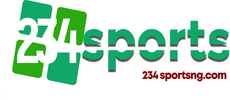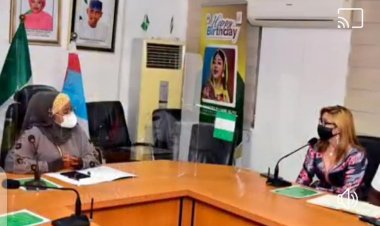AMUSAN: Corporate Nigeria must emulate Globacom’s culture of supporting Our Own
“Rasheed Yekini was a folks’ hero in Portugal but I don’t know the number of companies that used him for endorsement then. Neither is a Spanish company using Asisat Oshoala today.”
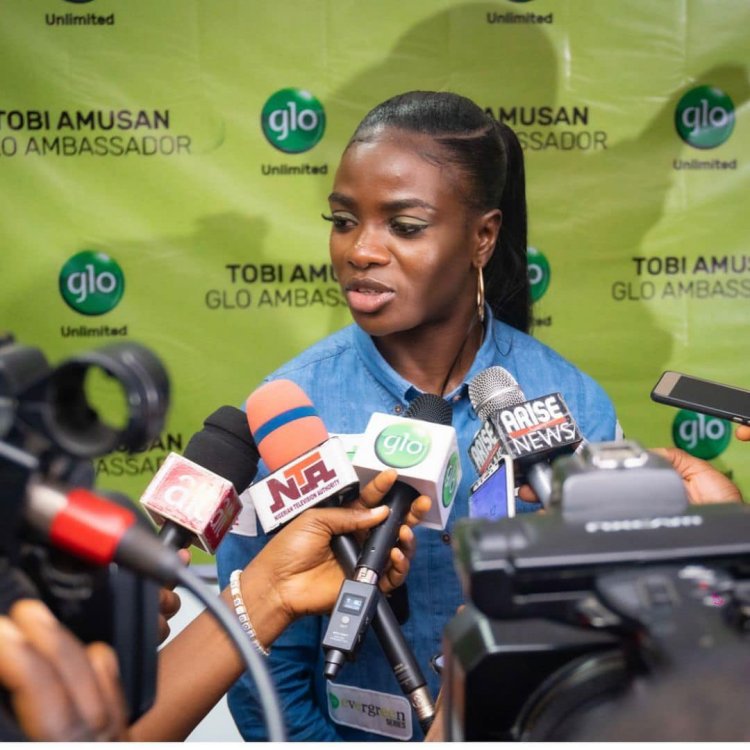
Since its inception, Globacom Nigeria Limited has embraced the best practices of big corporate organizations supporting their sports icons with endorsement and ambassadorial deals where they are domiciled. Olukayode Thomas argues that other corporate bodies in Nigeria should emulate the telecom giant and start to support our own like Globacom just did with Tobi Amusan
Introduction
With all sense of modesty, I can say authoritatively that I am not an authority in branding and telecommunication business; but I doubt if Globacom Telecommunications’ decision to name the World Record holder in 100m hurdles Tobi Amusan a brand ambassador will increase its subscribers base by even one per cent.
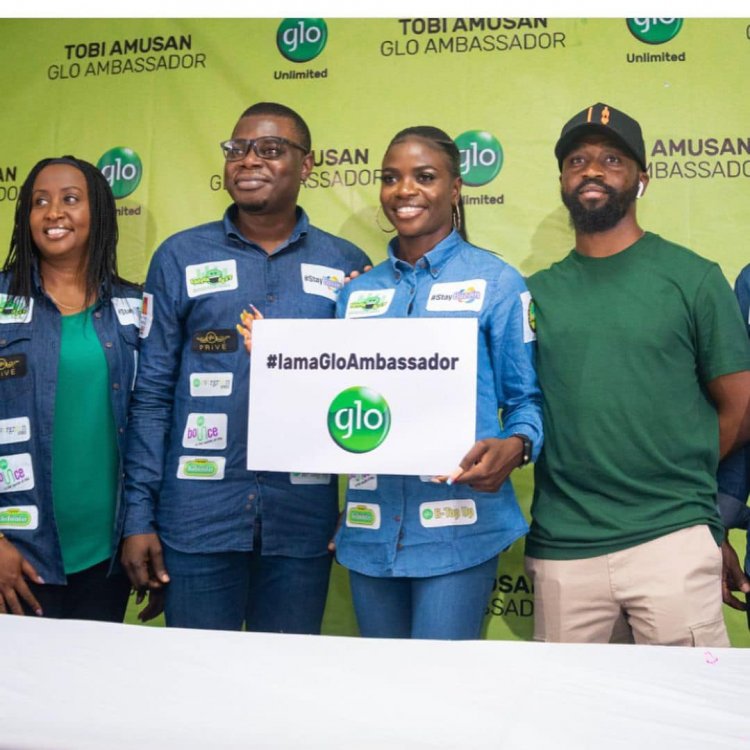
But one thing is sure, Globacom’s decision to name Amusan a brand ambassador will inspire millions of Nigerian youth who are naturally endowed in sports but do not see a career path in the industry because of the unenthusiastic attitude of our corporate bodies to Nigerian sports icons.
Globacom’s action will motivate them to keep hoping; with the belief that one day, they will become a sung hero like Amusan.
Globacom has a long history of supporting Our Own
But Globacom’s glowing celebration of Amusan who, in a season, broke the Nigeria record and won the Nigeria championship, broke the African record and won the African championships, broke the Commonwealth record and won the Commonwealth title and ultimately, broke the World record and won the World title and the World Athletics Diamond League title, is not a one-off thing.
Globacom has a long history of investing in Our Own even before it rolled out its lines in 2003.
Shortly after it was denied licence around 2000, Globacom management instead of bemoaning their loss started supporting Nigeria football at local and international levels. They also supported the Abuja 2003 All African Games.
By the time Globacom rolled out in 2003, it was already supporting almost every aspect of sports in Nigeria. Globacom’s support for our football was not just for the Super Eagles and other national teams, men and women, the company was also solidly behind the Nigeria Football leagues. But for the shenanigans of officials of the NFF and the league board, the deals would have subsisted till today.
Rookie Mikel as Brand Ambassador
Long before Jon Obi Mikel became a global star winning the African Nations Cup, UEFA Champions League and Europe League, EPL title, English FA Cup, and other major honours, Globacom had invested in Mikel, naming him, then a rookie player, a brand ambassador.
The company also invested in athletics by sponsoring the Glo Half Marathon and the Glo/Police Marathon and even Squash. On the continent, the company changed the hitherto uninspiring African Footballer of the Year Award by CAF into one of the continent’s most glamorous football showpieces.
The company also invested heavily in Nigeria-born former heavyweight champion of the world Anthony Joshua.
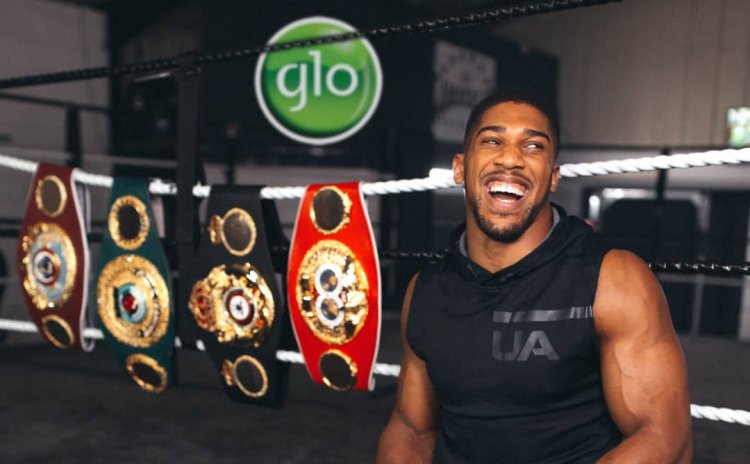
What Globacom has done in sports, the company has also done in the entertainment industry, especially for our musicians, comedians, artists, and other classes of stakeholders in the entertainment industry.
While a few Nigerian companies are toeing the line of Globacom; the truth is, the majority of the big corporations in Nigeria in the class of Globacom, and most of them are owned by Nigerians, oft times ignore Nigerian sports and entertainment icons.
They mostly embrace Euro-American sports and entertainment icons. An insight into how corporate bodies and media in these countries treat their own and Nigerians may probably educate these corporate leaders on how the world works. Who knows, they may decide to embrace the Globacom approach which goes a long way to raise the profile of our sports stars, boost their self-esteem, encourage the up and coming Nigeria stars and also boost the local economy.
Olajuwon, Jordan, and America
Basketball aficionados are not one on who is the greatest basketball player between the number one pick Hakeem Olajuwon and the number three pick Michael Jordan from the 1984 NBA Draft. Though they faced off 23 times against one another, with Olajuwon winning 13 of those games.
But one thing that is not in contention is their worth from endorsement and other earnings. While Olajuwon is worth ‘a mere’ $200 million, Jordan is reportedly worth $1.2 billion.
When American youth became obsessed with Jordan Nike Shoes, killing each other, according to media reports to acquire one, attempts by Olajuwon to stop gun violence and killing were snubbed.
Olajuwon sought to dissuade youngsters from buying expensive Jordan shoes priced at over $120 then in favour of his line “The Dream” by Spalding, priced at an affordable $34.99 and sold in discount stores like Payless, Wal-Mart, and K-Mart nationwide.
“How can a poor working mother with three boys buy Nikes or Reeboks that cost $120?” Olajuwon said upon their release in 1995. “She can’t. So kids steal these shoes from stores and from other kids. Sometimes they kill for them.”
According to media reports, major endorsements eluded Olajuwon because, ‘’maybe it was his broken English, maybe it was his clean-cut appearance.’’
“Madison Avenue prefers an American guy,” prominent advertising executive Marty Blackman told the New York Times in 1995. “Is that a disadvantage? Yes. It’s not racial. It’s just a fact.” Olajuwon’s agent, Ralph Greene, even claimed that his client was “mature, a professional – no rap, earrings or tattoos – qualities that don’t always translate if you’re targeting youth.”
Olajuwon didn’t approach the height of Jordan’s global celebrity (Jordan earned $35 million in endorsements to Olajuwon’s $3.8m in 1995).
It should be noted that Innocent Egbunike did not enjoy what Quincy Watts enjoyed from American corporate organizations; ditto Chidi Imoh and Carl Lewis or Yussuf Alli and Mike Powell.
Rasheed Yekini was a folks’ hero in Portugal but I don’t know the number of companies that used him for endorsement then. Neither is a Spanish company using Asisat Oshoala today.
Austin Okocha was hugely popular in Bolton and other parts of England, but I can’t remember the number of endorsement or brand ambassadorial deals he signed with European firms.
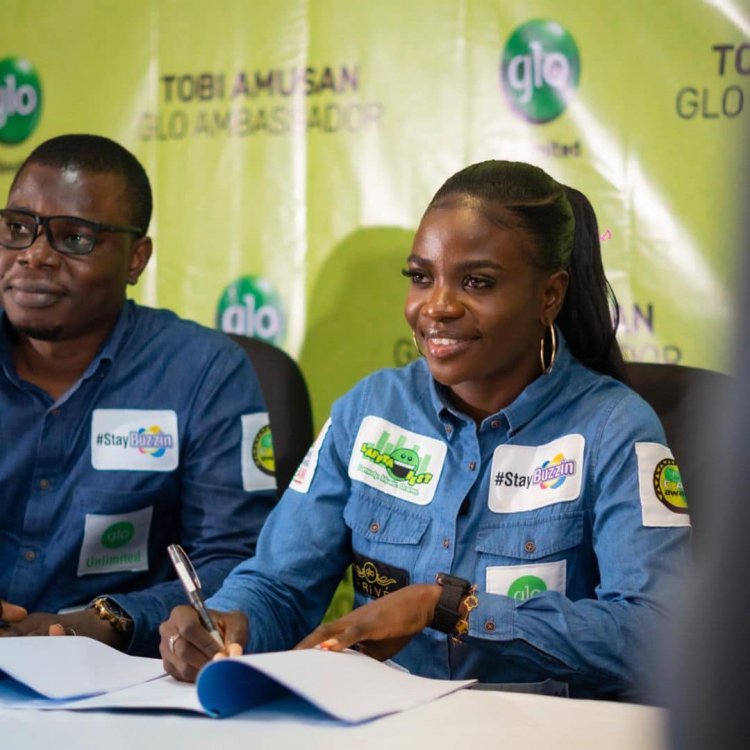
One cannot but hope that decision-makers in top conglomerates in Nigeria will emulate Globacom and it’s only Nigerians that can promote and celebrate our own and the earlier our companies understand this the better.
PULL QUOTE:
“they may decide to embrace the Globacom approach which goes a long way to raise the profile of our sports stars, boost their self-esteem, encourage the up and coming Nigeria stars and also boost the local economy. “
“Rasheed Yekini was a folks’ hero in Portugal but I don’t know the number of companies that used him for endorsement then. Neither is a Spanish company using Asisat Oshoala today.”
